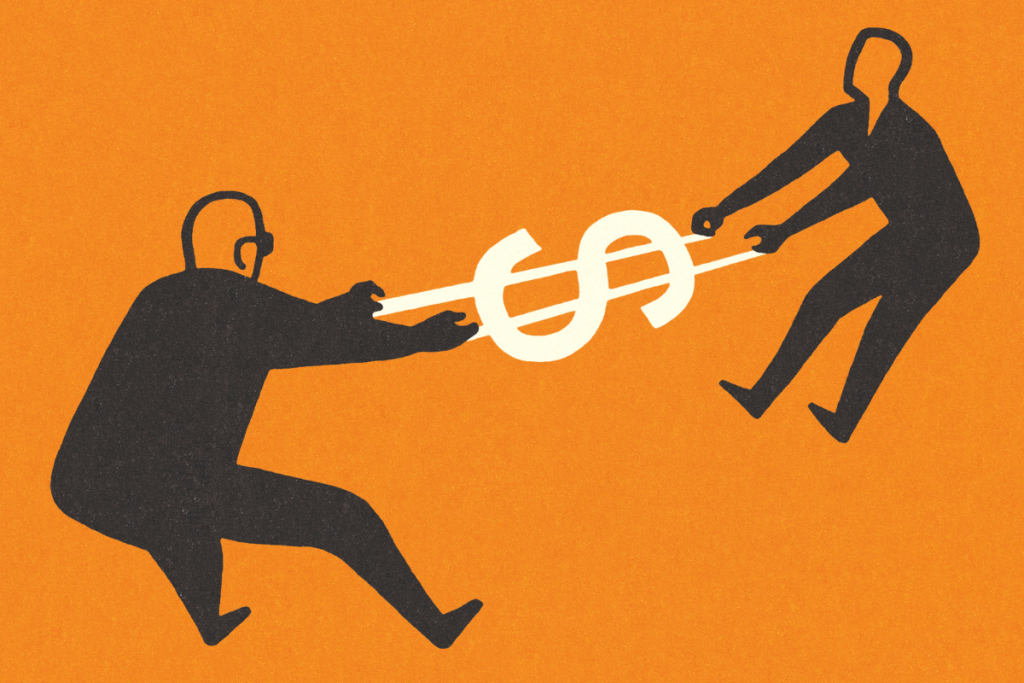The world of work has changed – labor shortages and transformed opinions of the workplace have changed the way workers approach negotiations.
A recent survey from StepStone, Appcast, and Totaljobs revealed that American workers feel very confident in their current negotiation power, while workers in Germany and the United Kingdom don’t seem to be bearing the fruits of the power shift.
Labor Market Tightness
In 2022, the United States, Germany, and the United Kingdom are all experiencing historically tight labor markets. The U.S.’s unemployment rate is near a record low at 3.7% as of October and other indicators point to record labor market tightness. In Germany, employment hit a record high in September – the employment rate rose to 75.8% that month. Meanwhile, the unemployment rate held steady at 3.0%. Despite recent tumult, the U.K. also has an incredibly strong labor market, with unemployment at a low 3.6% in September.
Simultaneously, job postings for all three countries remain elevated compared to pre-pandemic norms: demand for labor is high – each economy is experiencing unbalanced supply and demand.
Recruiting Today
StepStone’s survey began by asking over 17,500 workers one simple question: “Who holds the greater bargaining power between job seekers and companies today?”
Survey respondents were asked to indicate power on a scale of -10 to 10; negative numbers indicate companies have more power, while positive numbers indicate job seekers do.
Despite all three economy’s tight markets, the shift of power is less obvious in Germany and the U.K. Workers in both countries reported feeling less power in negotiations (median answers of -1.0 and 2.0, respectively) compared to the U.S. (median answer of 4.0).
This belief in negotiation power is reflected in wage growth for the three countries for the past two years. The tight labor market has accelerated wage growth in each country – but the U.S. has made the most robust gains. American workers have, in other words, gotten the most out of negotiations in the past two years.
Recruiting in 2030
A second question asked workers for the bargaining power balance again – but this time for 2030. The expectations of power dynamics were optimistic – each country expected job seekers to hold the greater power in future negotiations.
Interestingly, workers in Germany and the U.K. believed job seekers would gain power in the next eight years (both countries’ medians moved up to 3). U.S. workers, on the other hand, did not believe that job seekers would gain or lose power (the median response was unchanged at 4).
German workers currently feel like companies hold the most power. On average, however, they believe that the tight labor market will propel job seekers into a substantially more powerful position by the end of the decade.
In the United Kingdom, expectations of future power gains were subdued – the average shifted up only one point from current power dynamics. Job seekers already hold high power – as demonstrated by impressive wage gains lately.
American workers predict that power dynamics during future negotiations will be roughly similar to how they are today. After a period of robust wage gains, it may be hard to imagine how much better these negotiations could get for job seekers. In their eyes, they’re living in the future now in terms of power.
Power Today & Tomorrow
Scarcity of applicants leads to greater power for job seekers when they reach that important negotiation stage. In the U.S. and the U.K., workers have noticed and acted on their newfound power – wages have increased at the fastest pace in decades for both countries. In Germany, the old dynamic is sticking – but workers’ optimistic outlook for 2030 hint at change coming in the next decade.
All three countries expect job seekers to hold more power in negotiations in 2030, a striking reminder of the growing power of workers and job seekers as labor continues to be scarce in the years to come.








